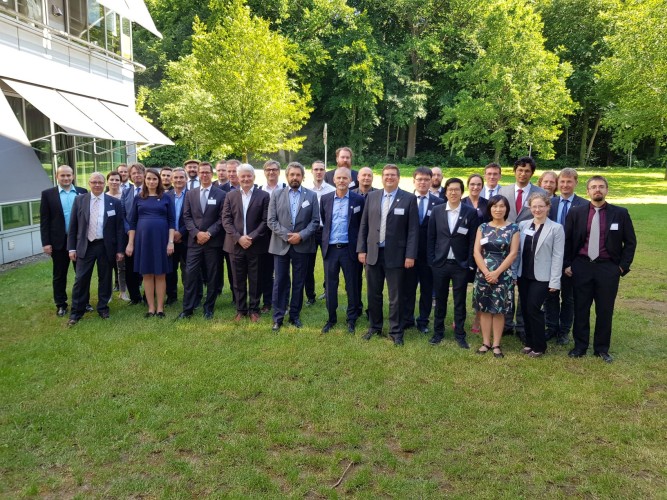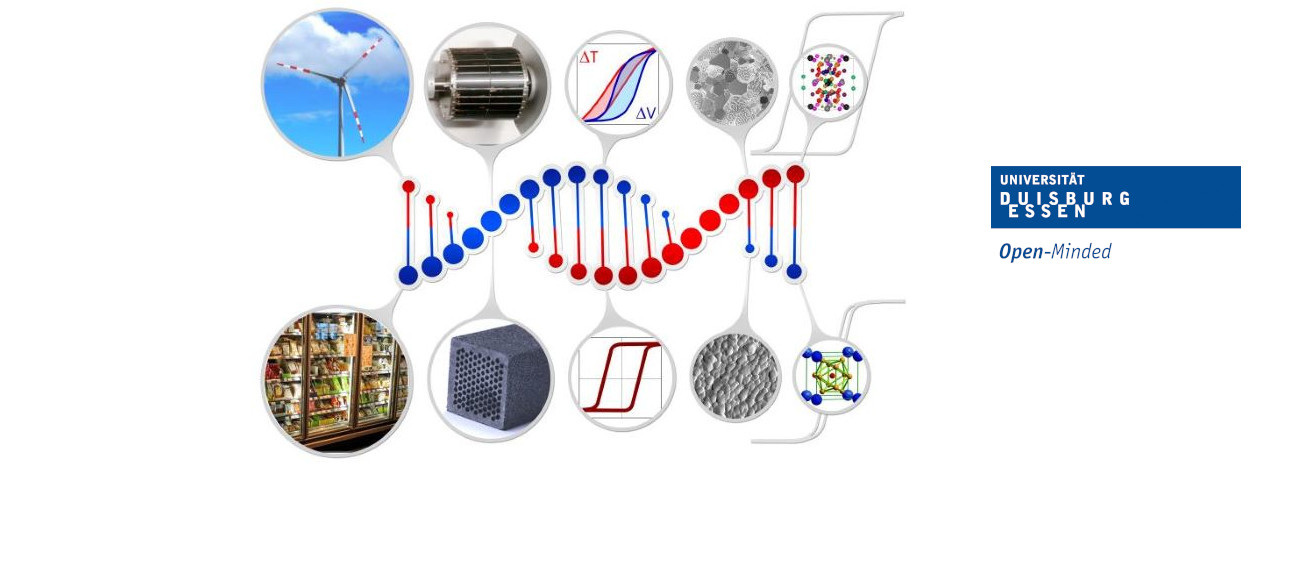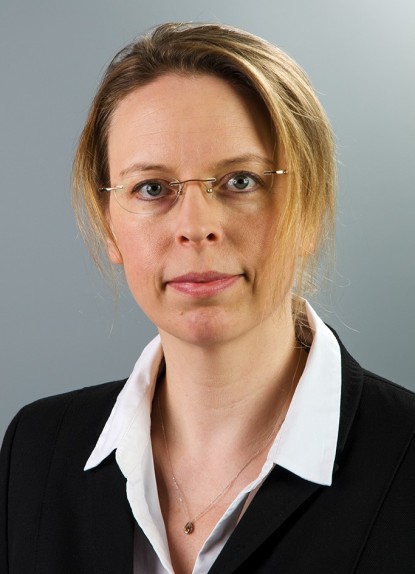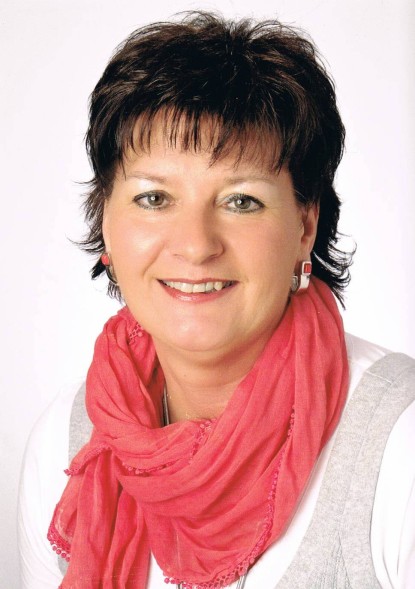Participating institutions:
Overview
The Collaborative Research Centre/Transregio (CRC/TRR) 270 involves researchers from TU Darmstadt, Universität Duisburg-Essen, Max Planck Institute for Iron Research and Ernst Ruska-Centre for Microscopy and Spectroscopy with Electrons (ER-C) at Forschungszentrum Jülich. Their common goal is the development of new magnetic materials for efficient energy technologies. This requires to gain a detailed understanding of the structural, magnetic and electronic interactions within the material in order to adjust the local and global properties by new processing techniques to be developed like additive manufacturing and severe plastic deformation methods.
The CRC 270 in a few words

Magnets are the key elements in many of today's technologies for energy conversion. This Collaborative Research Centre (CRC) deals with the two principal categories of magnetic materials used in this context: Strong permanent magnets with a maximized hysteresis and soft magnets with a minimized hysteresis.
Strong permanent magnets based on rare earth elements are a requirement for future mobility and sustainable electricity generation. Wind turbines, which are expected to contribute more electricity with every passing year, and electric cars, which need to be both energy and resource-efficient, both rely on strong permanent magnets. The necessity for an improvement of the material is obvious: A permanent magnet with an increased efficiency of only 2 % can increase the range of a car by 20 km.
The magnetocaloric effect causes a change of temperature of a material by the application of an external magnetic field. This principle will enable us to operate refrigerators and air-conditioning devices quietly, with low energy consumption and without the use of traditional refrigerants, themselves strong greenhouse gases.
All of these technologies rely on efficient magnet materials as their key components. However, they often contain raw materials which are rare, toxic and expensive. The researchers of the new CRC 270 HoMMage – Hysteresis Design of Magnetic Materials for Efficient Energy Conversion are searching for new materials which operate close to their physical limits and are made from earth abundant materials.
Within this CRC, they will develop new processing methods for innovative magnet materials. Material scientists, physicists, chemists and process engineers will work on magnetic materials by manipulating individual atoms but also by deforming massive samples. By linking the experimental and theoretical groups together in one centre they will be able to continuously cross-link their developments. Artificial intelligence, which accelerates materials discovery and the rapid identification of the most promising material combinations, will also be employed in HoMMage.
We will be very happy to extend our network of cooperation with academia and industry.
Oliver Gutfleisch and Michael Farle
Find all project videos here .

The CRC 270 HoMMage team
The CRC 270 teams up more than 40 researchers from Materials Science, Physics, Chemistry and Engineering.







